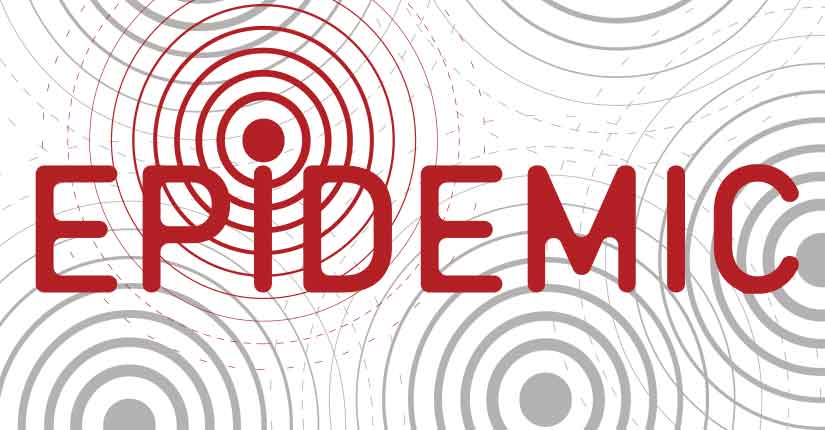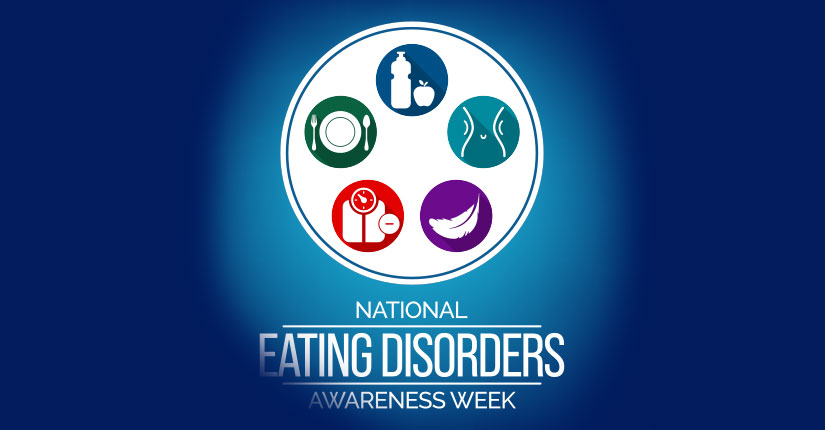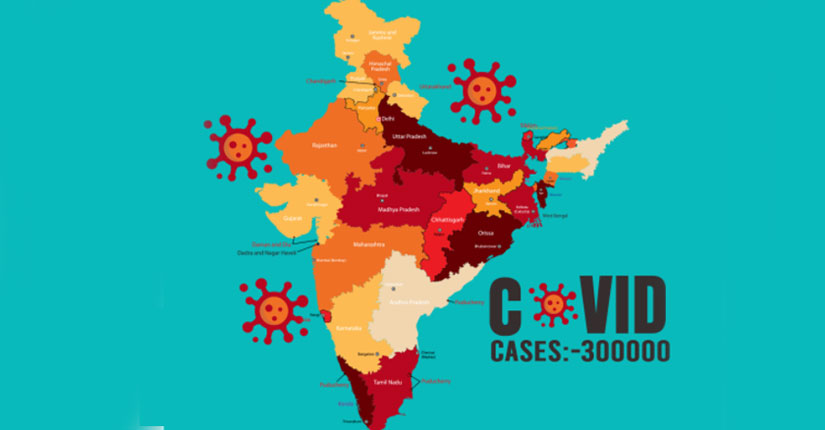WHO Shared Ways To Prevent Epilepsy, The Most Common Neurological Disase Globally
By Nmami Agarwal 21-Feb 2022 Reading Time: 4 Mins

Epilepsy is a chronic disease that alters brain cell activity. It is a non communicable disease that affects around 50 million people worldwide. It is usually characterized by frequent and recurrent seizures, which are brief episodes of involuntary movement that may involve a part of the body or the entire body. It may be accompanied by loss of control on bowel or bladder function.
Excessive electrical discharges in a group of brain cells can result in seizures episodes. Seizures can vary from the briefest lapses of attention or muscle jerks to severe and prolonged convulsions.
Signs And Symptoms Of Epilepsy:
- Loss of awareness
- Loss of consciousness
- Disturbances of movement
- Disturbances in vision, hearing and taste
- Disturbed cognitive function
- More physical injuries
- Psychological changes such as depression
Ways To Prevent Epilepsy, According To WHO:
- Preventing head injury is the most effective way to prevent post-traumatic epilepsy.
- Adequate perinatal care can reduce new cases of epilepsy caused by brith injury.
- The use of drugs and other methods to lower the body temperature of a feverish child can reduce the chance of febrile seizures.
- The prevention of epilepsy associated with stroke is focused on cardiovascular risk factor reduction, e.g. measures to prevent or control high blood pressure, diabetes and obesity, and the avoidance of tobacco and excessive alcohol use.
- Central nervous system infections are common causes of epilepsy in tropical areas, where many low- and middle-income countries are concentrated. Elimination of parasites in these environments and education on how to avoid infections can be effective ways to reduce epilepsy worldwide, for example those cases due to neurocysticercosis.
Epilepsy has significant economic implications in terms of health-care needs, premature death and lost work productivity. The social effects like stigma and discrimination surround epilepsy worldwide are often more difficult to overcome than the seizures themselves. People with this disease experience reduced access to educational opportunity to obtain a driving license, barriers to enter particular occupations, and reduced access to health and life insurance.
Treatment can include anti seizure medication, and surgery for people who respond poorly to drugs, but some countries may not receive such treatment and result in ‘treatment gap’.
A great proportion of the causes of death related to epilepsy, especially in low- and middle-income countries, are potentially preventable, such as falls, drowning, burns and prolonged seizures.
Footnote:
Projects have been carried out in many countries to reduce the treatment gap and morbidity of people with epilepsy.





















